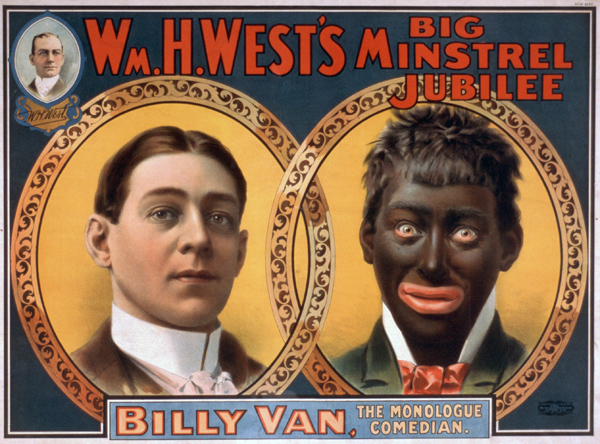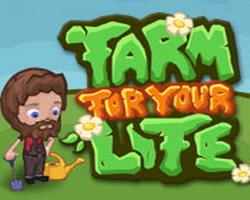Last week, designer Tina Gong and her rather innocuous-sounding Happy Playtime app created controversy as it was officially rejected by Apple’s app review committee. Despite any attempts to appeal otherwise, Apple has insisted that Gong’s app will not be available for public access on their iOS store due to its content. The problem? Happy Playtime is a simulation of cisgender female masturbation whose subject matter was deemed too inappropriate by the committee. Although specifically designed to create sex positivity in women, educate about cisgender female sexual health, and eliminate the stigma of female masturbation, its (according to Apple anyway) “pornographic . . . excessively objectionable or crude material” were given as justification for its rejection. While I, on a general level at least, can understand why Apple would prefer to not allow any sexual content in their apps, I believe that Apple’s support of other sexual and genuinely problematic apps reveals some debatable hypocrisy.
Tina Gong is employing the principles of gamification and game-based learning in order to destigmatize female masturbation and educate women (and perhaps men too!) about their sexual health. At the guidance of a pink, stylized, and certainly cute vagina mascot, players will go through a series of lessons accompanied by quick demonstrations on various masturbation techniques. The player then puts this information to use on the mascot in the minigames that follow. Essentially the game is being designed – using the benefits of interactive, game-based learning – to encourage women to know more about their bodies, feel comfortable touching themselves and feel comfortable about their sexuality. While it might not be for everyone, it’s certainly a creative and user-friendly approach towards eliminating the taboo many women and girls face regarding their sexual desires.
Given the stylized art style and design of the game, Happy Playtime seems less explicit and more attention-grabbing: something that’s light-hearted enough to garner a wide audience and reduce the taboo about the subject matter but still informative. Still, if sexual content was being treated the same way universally and such content designed for both male and female audiences were equally banned, I wouldn’t necessarily have a problem with Apple’s decision per say. But given the amount of inappropriate, offensive, and even questionable other apps on the iOS store, it seems to be that attempts to remove the stigma surrounding a woman’s right to pursue her own sexuality is being unequally targeted in this situation. Happy Playtime‘s design and content, while sexual, yes, is far from the pornographic and illicit content Apple deems it to be. This concern is particularly valid considering that Apple has approved an app designed to fetishize and sexualize Asian women, a game mimicking the “shake weight” that clearly references cisgendered male masturbation, and a whole variety of apps devoted to sex positions.
Although the app’s creator doesn’t feel it is worth pursuing Apple any further, she is pursuing other means of publishing her game. Regardless, Happy Playtime is certainly using video games and the gamification design process to encourage discussion of female self-stimulation.





One thought on “Gamifying for Sex Positivity: Destigmatizing Female Masturbation”
Hmmmm its ok digitally manipulate female characters (ala Dragon’s Dogma) but not for women to do it to themselves? H mmmmm…. and yes troll-y ones I realize that that’s a stretch.